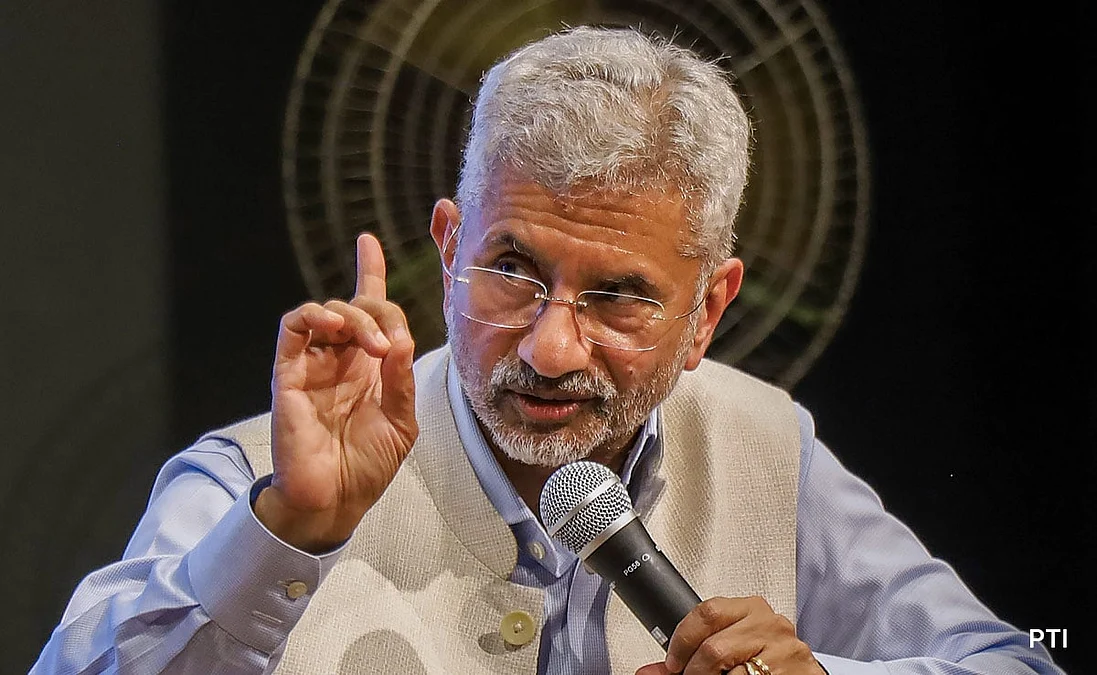Copyright CNET

Virtual private networks are getting more popular: Nearly half of American adults report using one in a recent CNET survey. But what do you do if you end up with buyers remorse after subscribing to a VPN service? VPNs can give you privacy from other parties potentially snooping on your online activity. This works by encrypting your traffic and masking your IP address so you can hide which sites you visit and access geo-restricted streaming content. But some VPN services are better than others. Trust us, we know. At CNET, we rigorously test, evaluate and review dozens of VPN software. Money-back guarantees are a common feature in the VPN industry. Most VPN services let you try their service for 30 days and get your money back if you're not satisfied within that time period, according to Marijus Briedis, chief technology officer at NordVPN. But it depends on the brand. The standard is 30 days, but some are 14 days while others go up to 60 days. Should you find yourself in need of a VPN refund or cancellation of services, first, you'll need to make sure you request one within the guarantee window outlined by your provider's terms of service. The ease of the whole process, though, depends on a few key factors that you'll want to know more about. Key conditions for a VPN refund Most major VPN providers offer a no-questions-asked refund for their services within some sort of introductory period. This period can range between 14 to 60 days but the most common is 30 days. That said, sometimes there are strings attached to the refund policy. Here are some common conditions: First-time use: Generally, you're only eligible for a VPN refund if it's your first time using that particular service. Payment method: Refund policies for some VPN providers might vary based on how you originally paid for the service. For example, if you use a gift card or coupon code, you might have trouble getting a refund, depending on the provider. Usage limits: In some cases, you may not be eligible for a refund if you've used more than a certain limit on data for the VPN. None of CNET's recommended VPNs limit refunds based on data use. Third-party purchases: If you purchased through Apple App Store or Google Play Store, you might be subject to the refund policies of those third-party providers. These app stores often offer a 7-day free trial rather than longer money-back guarantees. You also likely need to initiate your refund through those platforms first. How request a refund from your VPN provider: The process for getting a VPN refund is going to vary a bit for each provider. But generally, the process will probably look something like this: Contact customer service for your VPN provider. Usually you can do this by email, online chat or sometimes by phone. State your request: Tell them you're not satisfied with the service, and that you'd like to cancel your membership and request a refund. Provide your account details: Customer service will probably ask to confirm your account information before proceeding with the refund. Receive a confirmation: When your refund is approved and processed, you should receive some kind of confirmation from the VPN provider. Most providers allow you to cancel your subscription online and request the refund through customer service after cancellation. Try logging in and navigating to the billing page to see if there's a one-click option for requesting a cancellation. Potential challenges with getting a refund While most VPN providers make the refund process pretty easy, it's important to understand some important challenges you might run into along the way: Exceeding the timeframe: If a refund policy has a 14- or 30-day introductory period, you'll have a harder time getting a refund if you've exceeded that time limit. Payment method: Sometimes, your payment method might preclude you from a refund. For example, Mullvad VPN does not give refunds for payments made with cash or cryptocurrency. Policy abuse: If you've violated the VPN's terms of service, you will probably void your right to a refund. Using a VPN to stream content that violates copyright laws, for example, could void your refund eligibility, depending on your VPN provider's terms and conditions. If you run into these (or other) problems getting a VPN refund, you can try contacting your credit card company to dispute the charge, according to Fred Kwong, VP and chief information security officer at DeVry University. If you send your credit card company a screenshot of the money-back-guarantee policy, they can probably take it from there and fight for a refund on your behalf. Tips for a successful refund There are a few ways you can increase your chances of successfully receiving a VPN refund. Turn off auto-renewal: This will prevent you from getting charged for a second month of service, for example, which might be harder to get a refund for. Act quickly: The faster you make your refund request, the more likely it is to fall within the accepted window for money-back-guarantees. Be polite and clear: Any time you're interacting with customer service agents, being kind and patient can go a long way in getting what you want. Document everything: Keeping records of your initial purchase, as well as any contact history with customer support, might come in handy when it comes time to request your refund. The bottom line Requesting a VPN refund can be simple, as long as you follow the providers terms and conditions and request within the assigned introductory period. That said, it's important to be familiar with the fine print before subscribing to any service. By doing this, you can be confident that if or when you do want a refund, you've met the conditions for receiving one quickly and easily.



